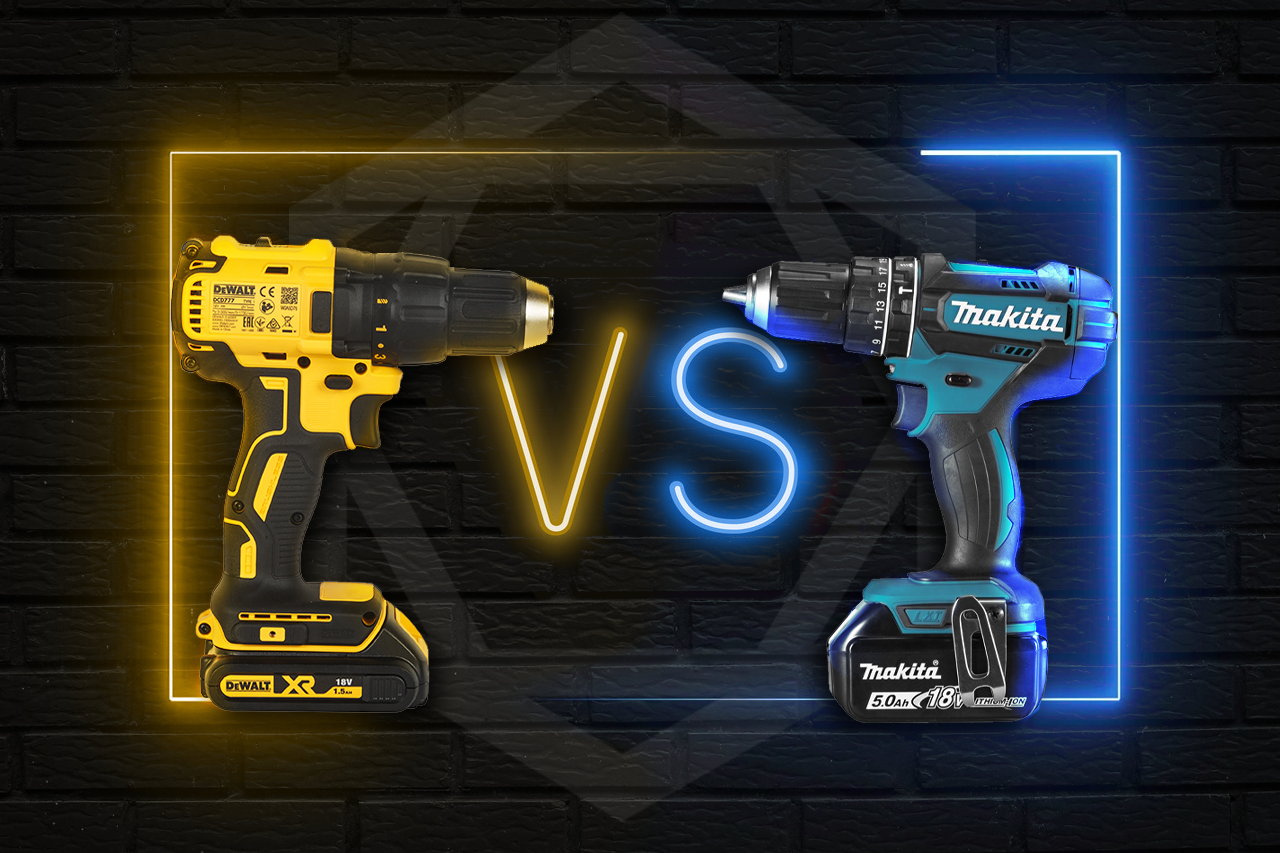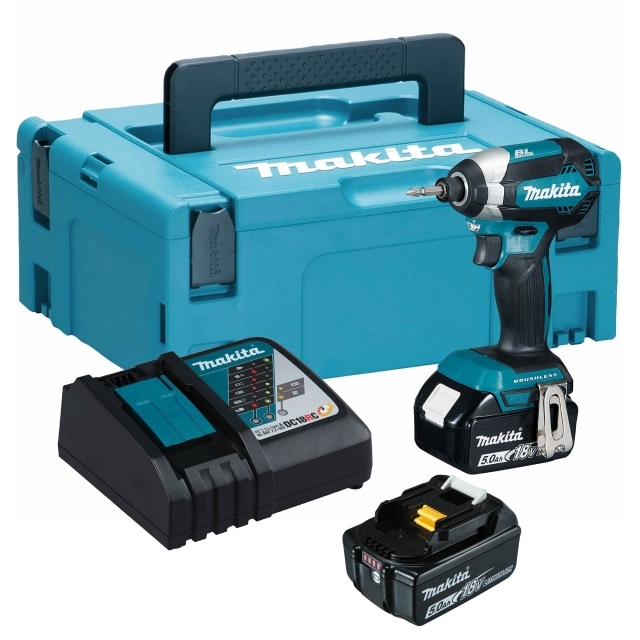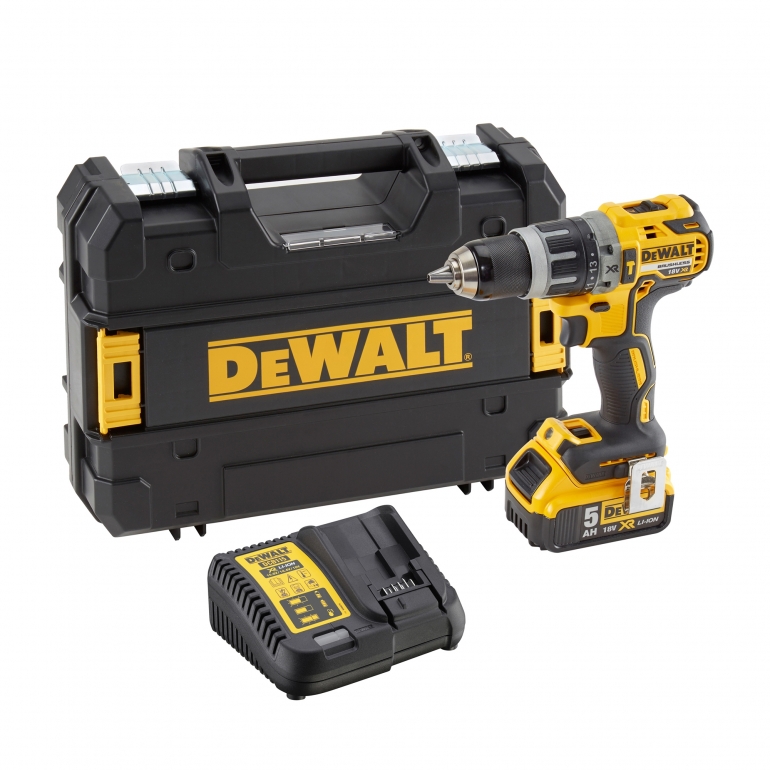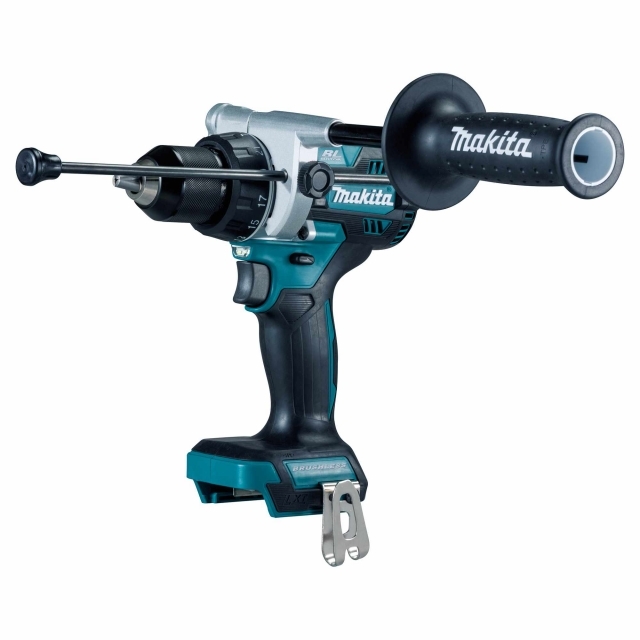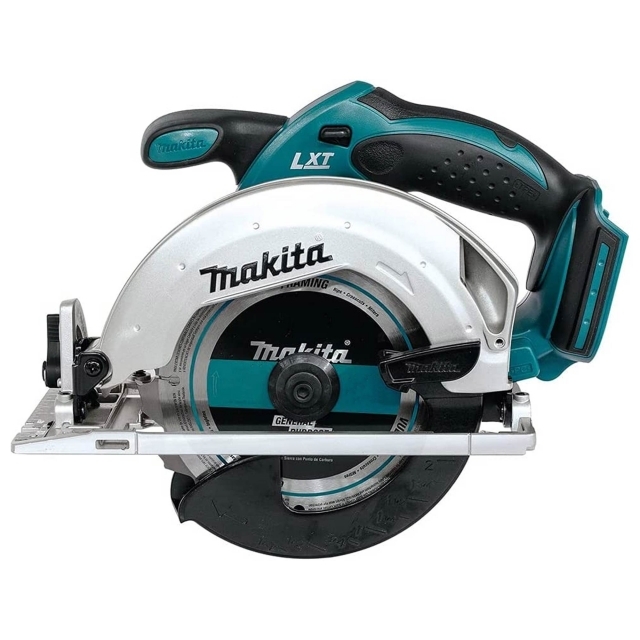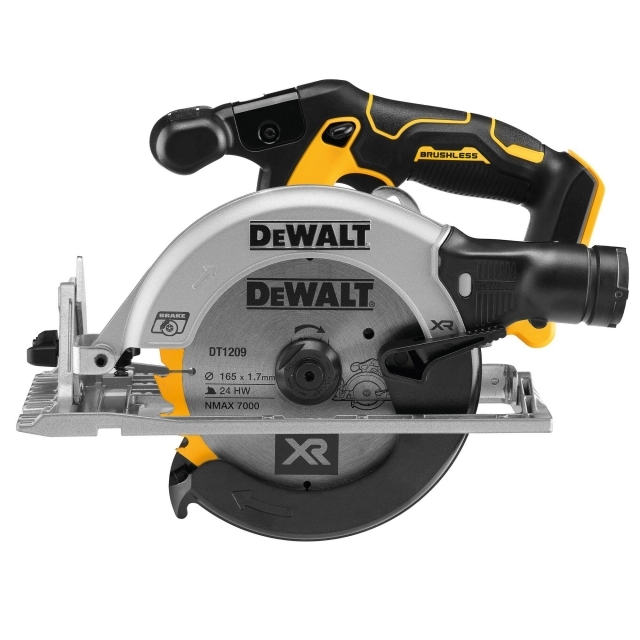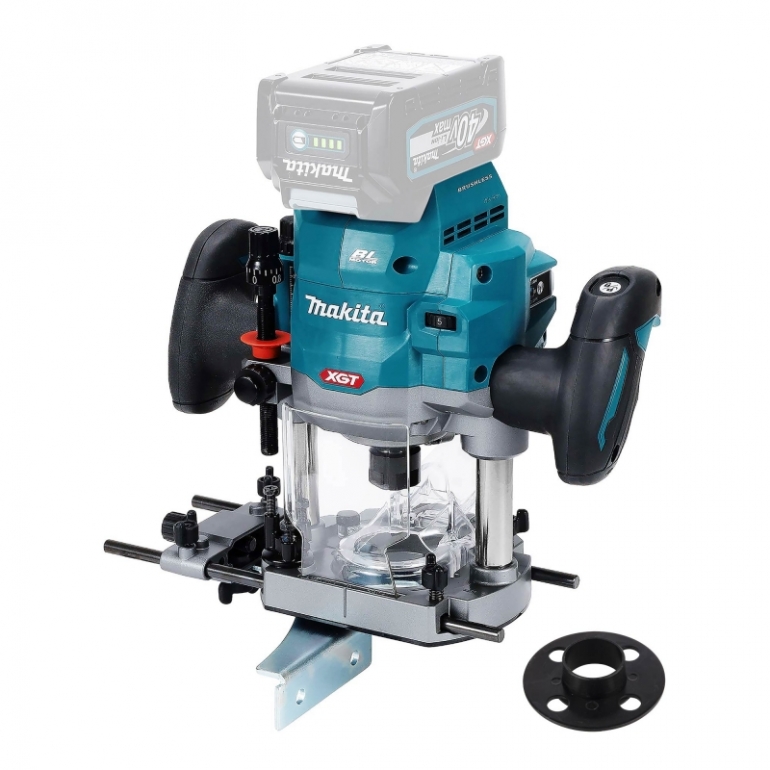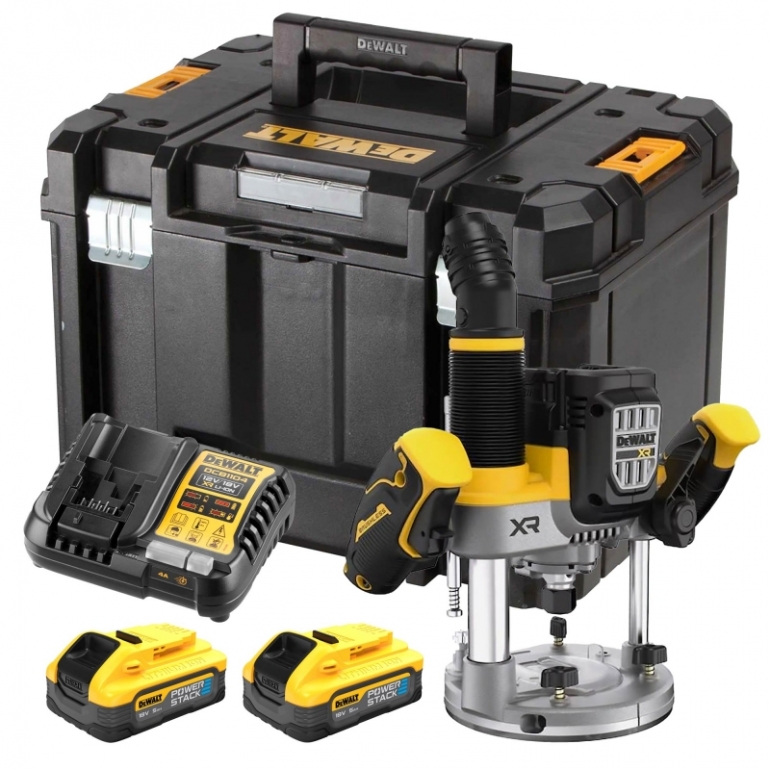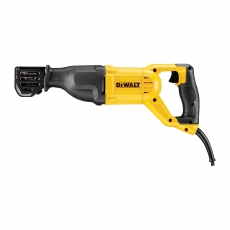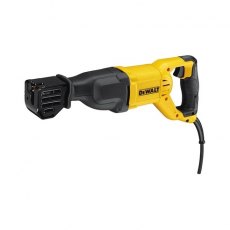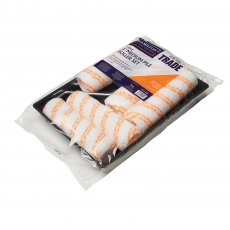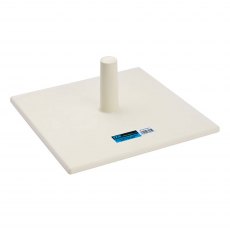Makita vs DeWalt: Which is Best? (2024)
Makita and DeWalt and are two heavyweights in the power tool world, known for their reliable and high-performance tools. Whether you're a professional tradesperson or a DIY enthusiast, both brands offer great options. But if you're starting from scratch or looking to expand your toolkit, which one should you choose? Let's break it down.
Makita vs DeWalt
- Range & Power
- Reliablity & Warranties
- Cordless Impact Drivers
- Cordless Combi Drills
- Cordless Circular Saws
- Routers
![Makita vs DeWalt: Which is Best? (2024)]()
Range & Power
When browsing our collection of power tools, you’ll notice DeWalt and Makita dominate the scene. They hold about 70% of the UK market share, which means you’re likely to find whatever tool you need from these brands
- DeWalt, always pushing the envelope, offers their innovative 54V FLEXVOLT range. These batteries are a game-changer, as they automatically switch between 18V and 54V depending on the tool you're using. So, you get both the flexibility for everyday tasks and the power for heavy-duty jobs.
- Makita, while not quite matching DeWalt’s power levels, has made significant strides with their new 40V Max XGT range. This standalone system is designed for more demanding tasks, featuring higher battery output and smart technology. The 40V Max batteries, available in 2.5Ah and 4.0Ah, are built with high-capacity cells and LED fuel gauges. Just remember, these batteries aren’t compatible with older 18V Makita tools.
Reliability & Warranties
Both DeWalt and Makita are known for their durable, long-lasting tools. However, it's always good to know what kind of warranty you can expect.
- DeWalt offers a 1-year warranty as standard, which can be extended to 3 years if you register your tool on the DeWalt website. This extended warranty covers defects due to materials or workmanship and might even include free replacements if needed. Note that this extended warranty is non-transferable and applies only to the original owner.
- Makita provides a similar warranty setup: a standard 1-year warranty, which can be extended to 3 years if you register the tool on MyMakita within 30 days of purchase. Like DeWalt, their extended warranty covers manufacturing defects and applies only to the first owner.
So, whether you go with DeWalt or Makita, you’re investing in quality tools backed by solid warranty options.
Makita vs DeWalt: How Do Their Cordless Power Tools Compare?
When you're comparing power tools, there's a lot more to think about than just how powerful they are. Sure, power and efficiency matter, but you’ll also want to consider things like the tool’s size, weight, what accessories are included, and whether it comes with a battery. And of course, the price is key, especially when you’re investing in something that’s going to be in your toolkit for the long haul. Here at ToolStore UK, we get that, which is why we’re always checking our prices to make sure you’re getting the best deal possible on every product we offer.
With this in mind, let’s see how Makita and DeWalt power tools compare. We’ll be looking at the following categories:
Cordless Impact Drivers
Let's dive into the comparison between two popular models: the DEWALT DCF887P2 18v Brushless Impact Driver and the Makita DTD153RTJ 18v LXT Brushless Impact Driver. Here’s a quick look at the key specs for each:
Specification Makita DTD153RTJ DEWALT DCF887P2 Max Torque 170 Nm 205 Nm No Load Speed 0 - 3400 rpm 0 - 3400 rpm Impacts per Minute (IPM) 0 - 3600 ipm 0 - 3800 ipm Bit Holder 6.35 mm (1/4") 6.35 mm (1/4") Weight 1.5 kg (tool only) 0.94 kg (tool only), 1.56 kg with battery Hand/Arm Vibration - Impact 13.0 m/s² 22 m/s² Sound Power 107 dB(A) 107 dB(A) Price (Subject to change) £248.08 (inc. VAT) £190.63 (inc. VAT) While these impact drivers share many similarities, the DEWALT model stands out with 20% more torque and an additional 200 impacts per minute. This extra power might help you work more efficiently on tougher tasks. However, it's worth noting that the DEWALT driver has a higher vibration level, which could affect comfort during extended use. So, while the DEWALT DCF887P2 offers more power, the Makita DTD153RTJ might be a better choice if you’re looking for a smoother, more comfortable experience.
![Makita vs DeWalt: Which is Best? (2024)]()
![Makita vs DeWalt: Which is Best? (2024)]()
Cordless Combi Drills
In the cordless combi drills category, we've put the DEWALT DCD796P1 18V XR Brushless Combi Drill and the MAKITA DHP486Z 18v LXT Brushless Combi Drill to the test. Let’s break down the key specs for each:
Specification Makita DHP486Z DeWalt DCD796P1 Voltage 18V 18V Max Torque 130 Nm 70 Nm No Load Speed Low: 0 - 500 rpm
High: 0 - 1,900 rpmLow: 0 - 550 rpm
High: 0 - 2,000 rpmImpact per Minute Low: 0 - 7,500 bpm
High: 0 - 28,500 bpmLow: 0 - 9,350 bpm
High: 0 - 34,000 bpmCapacity in Masonry 13 mm 13 mm Capacity in Metal 13 mm 13 mm Capacity in Wood 38 mm 40 mm Batteries Supplied None (Body Only) 1x 5Ah Li-ion Battery Price £150.72 (inc. VAT) £148.26 (inc. VAT) These specs highlight some of the strengths and differences between the two drills. The DEWALT DCD796P1 is a versatile tool with a slightly higher speed and a battery included, making it convenient and ready to go out of the box. On the other hand, the MAKITA DHP486Z stands out with its significantly higher torque, making it ideal for heavy-duty tasks. However, keep in mind that it’s sold as a body-only tool, so you’ll need to already own compatible batteries or purchase them separately.
For those needing raw power and tackling demanding tasks, the Makita DHP486Z is the better choice. However, for users seeking a more versatile, compact tool with included battery power for general-purpose applications, the DeWalt DCD796P1 provides excellent value and convenience.
READ MORE: Best Combi Drills in 2024
READ MORE: How To Use A Power Drill
![Makita vs DeWalt: Which is Best? (2024)]()
![Makita vs DeWalt: Which is Best? (2024)]()
Cordless Circular Saws
In the cordless combi drills category, we've put the MAKITA DSS611Z 18v LXT Circular Saw and DEWALT DCS565N 18v Brushless 165mm Circular Saw to the test. Let’s break down the key specs for each:
Specification Makita DSS611Z DeWalt DCS565N Blade Diameter 165 mm 165 mm Max Cutting Depth @ 90° 57 mm 55 mm Max Cutting Depth @ 45° 40 mm 42.1 mm Max Cutting Depth @ 50° 36 mm N/A N/A 3,700 rpm 4,950 rpm Weight 3.3 kg 2.5 kg Bevel Capacity 50° 50° Included Features Double safety trigger, high comfort grips, removable dust nozzle LED light, electronic brake, rafter hook, secondary handle What’s Included Body Only 165mm 24T Saw Blade, Hex Key Battery Compatibility Makita 18V Li-ion DeWalt 18V Li-ion Price (Subject to change) £126.56 (inc. VAT) £144.34 (inc. VAT) The MAKITA DSS611Z stands out with a slightly deeper cutting depth at 90° (57 mm) and includes practical features like a double safety trigger and high comfort grips. However, it’s a bit heavier at 3.3 kg, which might make it less comfortable for prolonged use.
On the other hand, the DEWALT DCS565N offers a faster no-load speed of 4,950 rpm, making it a great choice for quicker cuts. It’s also lighter at 2.5 kg, which can be easier to handle for extended periods. Plus, it comes with useful extras like an LED light, electronic brake, and a rafter hook.
Both saws are body-only tools compatible with their respective 18V batteries. If you’re looking for speed and additional features, the DeWalt might be your pick. But if a deeper cut and enhanced safety features are what you need, the Makita is worth considering.
READ MORE: Best Cordless Circular Saws in 2024
READ MORE: How To Put Up A Shelf
![Makita vs DeWalt: Which is Best? (2024)]()
![Makita vs DeWalt: Which is Best? (2024)]()
Cordless Routers
When it comes to woodworking, having the right router can make all the difference. We're diving into two top contenders in the router world: the Makita RP001GZ02 40V Brushless 1/2" Router and the DeWalt DCW620H2 18V Brushless 12mm Router. Let's see how these powerful tools stack up and find out which one might be the best fit for your projects.
Specification Makita RP001GZ02 DeWalt DCW620H2 Voltage 40V Max 18V Motor Type Brushless Brushless Plunge Depth 60 mm 70 mm No Load Speed 8,000 - 25,000 RPM 11,000 - 23,000 RPM Collet Size 1/2" (12.7 mm) 1/4", 6mm, 8mm, 12mm, 1/2" Weight 4 - 5.2 kg 3.5 kg Variable Speed 5 Speed Settings (8,000 - 25,000 RPM) 7 Speed Settings (11,000 - 23,000 RPM) Dust Collection Forced dust collection, AWS-compatible Forced dust collection, AWS-compatible LED Work Light Yes, with pre-glow and after-glow No Ergonomic Features Soft Grip, Dual LED Lights Over-Molded Handles, Ergonomic Trigger Switch Additional Features Additional Features Additional Features Included Accessories Template guide (30mm), Straight guide assembly, Wrench, Makpac carry case 2 x 5Ah Powerstack batteries, Charger, Collets, Guide bush, Side fence, Centring cone, Sub-bases, Dust chute Price (Subject to change) £337.01 (inc. VAT) £750 (inc. VAT) The Makita RP001GZ02 is all about power and precision. With a hefty 40V Max battery, it boasts a broad speed range (8,000 - 25,000 RPM) and a plunge depth of up to 60 mm, making it versatile for various tasks. It’s equipped with useful features like dual LED work lights and an Auto-Start Wireless System (AWS) for cleaner work environments. However, it’s a bit heavier at 4 to 5.2 kg, which might be a consideration for longer projects.
On the flip side, the DeWalt DCW620H2 packs an impressive 70 mm plunge depth and offers a higher no-load speed range (11,000 - 23,000 RPM). Its lightweight design (3.5 kg) and ergonomic features, including a comfortable trigger switch and over-moulded handles, make it easier to handle for extended use. The DeWalt also includes additional accessories like two 5Ah Powerstack batteries and a charger, which adds value to your purchase.
In summary, if you’re looking for a router with extensive features and don’t mind a bit of extra weight, the Makita RP001GZ02 could be the right tool. However, if you prefer a lighter tool with a good range of speeds and additional accessories, the DeWalt DCW620H2 might be your best bet.
![Makita vs DeWalt: Which is Best? (2024)]()
![Makita vs DeWalt: Which is Best? (2024)]()
DeWalt or Makita – Which is the Better Choice?
When it comes to choosing between DeWalt and Makita, there's no clear-cut answer. Both brands are industry leaders, offering high-quality, reliable tools that cater to professionals and DIY enthusiasts alike. As we've seen, DeWalt outshines Makita in some areas, while Makita excels in others. Ultimately, the best choice depends on your specific needs and circumstances.
Here are a few things to consider:
Existing Tool Collection: If your shed or toolbox is already filled with tools from one brand, sticking with that brand might be the easiest and most cost-effective option. Switching brands could mean investing in new batteries, chargers, and accessories, which might not be worth the slight performance boost of a different brand.
Starting from Scratch: If you're building your toolkit from the ground up, think about what matters most to you—power, versatility, or budget. Both brands offer excellent options across a wide range of tools, so you'll want to choose the one that aligns best with your specific tasks and financial considerations.
Mix and Match: If your toolkit is a mix of different brands, or you’re just looking for a single tool to add to your collection, focus on the tool that best meets your immediate needs and budget. DeWalt and Makita both offer top-performing tools, but there are also plenty of other options available if you’re looking for something more budget-friendly or less powerful.
In the end, whether you go with DeWalt or Makita, you're investing in tools that are built to last and designed to perform. And if neither fits your exact needs, don't worry—we offer a variety of other brands and tools to help you get the job done.
ToolStore UK: Helping You Choose the Right Tools
At ToolStore UK, we're a family-run business with a close-knit team, many of whom have been with us for decades. We understand that buying new tools is a big investment, and we’re committed to ensuring that every purchase you make with us is the right one, at the right price.
We’re always comparing prices to make sure you get the best deal possible. Our team is passionate about tools and ready to help you make an informed decision. If you need advice before hitting that 'Buy Now' button, feel free to give us a call at 03330 043777 or reach out through our contact form. And if you're local to Wigan, you're welcome to drop by our shop, just a short walk from the railway stations, to chat with one of our experts in person.
With nearly 60 years as one of the UK’s leading independent tool retailers, we have the knowledge and experience to help you find exactly what you need—at a great price. For us at ToolStore UK, that’s #JobDone.
Read More from ToolStore UK
Makita vs Bosch Power Tools
Read MoreDeWalt vs Bosch - Which Is Better
Read More- 15th August 2024



